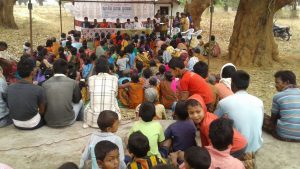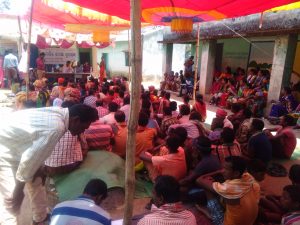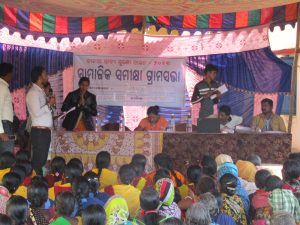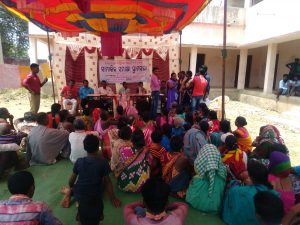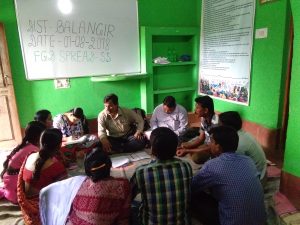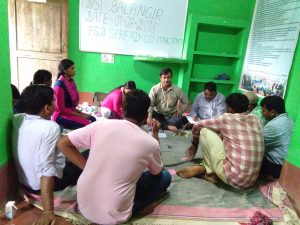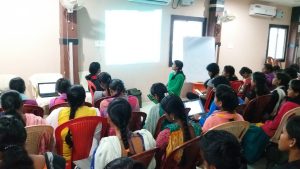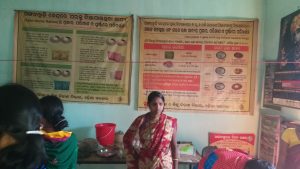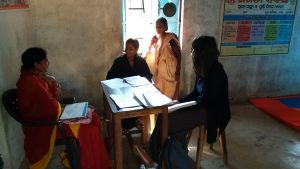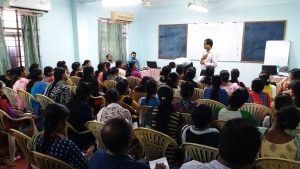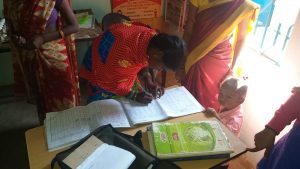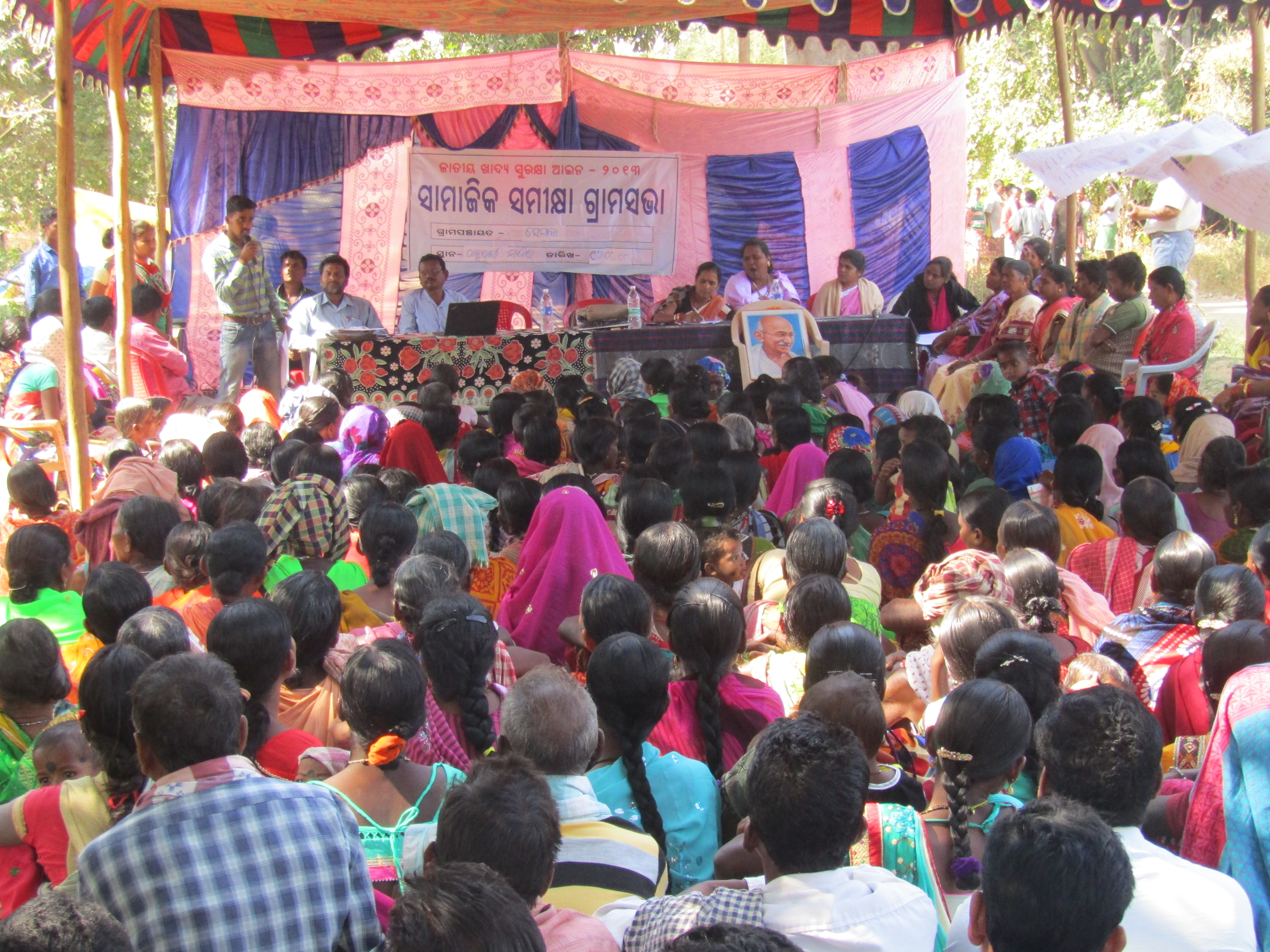
‘Collective Action for Nutrition (CAN)’ Program By Azim Premji Philanthropic Initiatives (APPI)
Survey Background
Azim Premji Philanthropic Initiatives (APPI), as part of its strategic focus to fight against malnutrition in India, is partnering with Society for Promoting Rural Education and Development (SPREAD) for the implementation of the program named as ‘Collective Action for Nutrition (CAN)’ in 6 KBK+ districts (Koraput, Malkangiri, Nabarangpur, Kalahandi, Nuapada and Bolangir) of Odisha. The CAN programme goal is to ‘reduce malnutrition among children and women by facilitating efficient implementation of food and nutrition programmes, ensuring transparency, downward accountability and community participation’. In order to attain the goal, CAN program leverages the social audits mandated under the National Food Security Act (NFSA), 2013 for the schemes like Integrated Child Development Services (ICDS), Public Distribution System (PDS) and Mamata, that ensure nutrition security of communities, with a specific focus on women and children.
Social audit is being conducted by SPREAD in 240 Gram Panchayats to ensure effective delivery of nutrition services and entitlements to marginalised populations of the 6 KBK+ districts (Koraput, Malkangiri, Nabarangpur, Kalahandi, Nuapada and Bolangir) of Odisha. The evaluation of social audits is being conducted by APPI in partnership with IDS and DCOR, which broadly includes three components i) Quantitative survey (baseline and endline surveys); ii) Process evaluation; and iii) Qualitative study.
Evaluation Objectives
The objectives of the evaluation are to:
